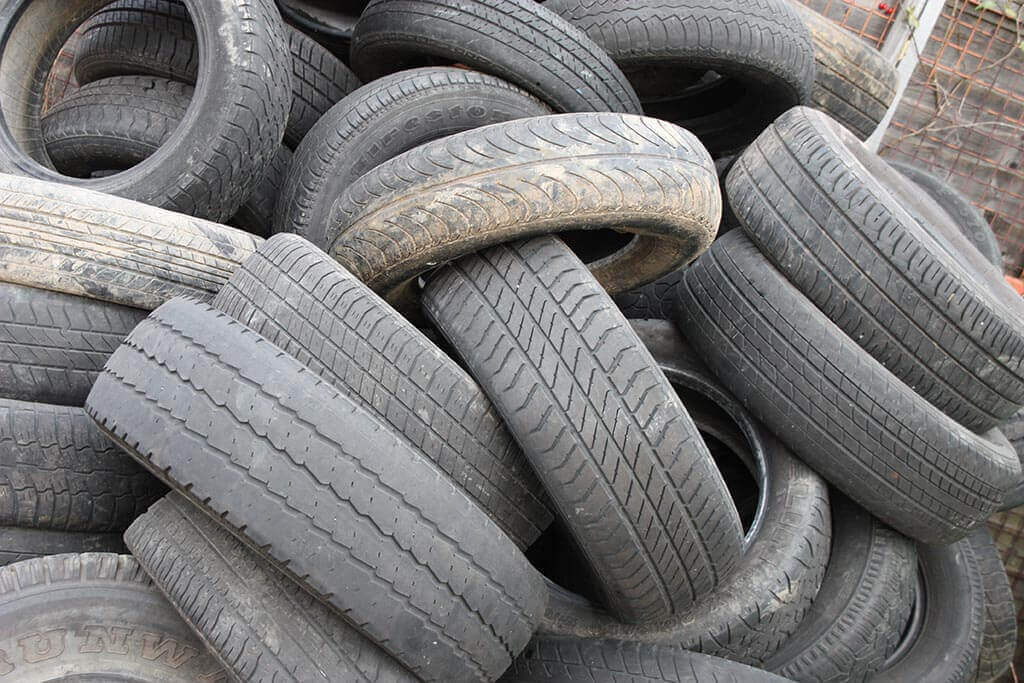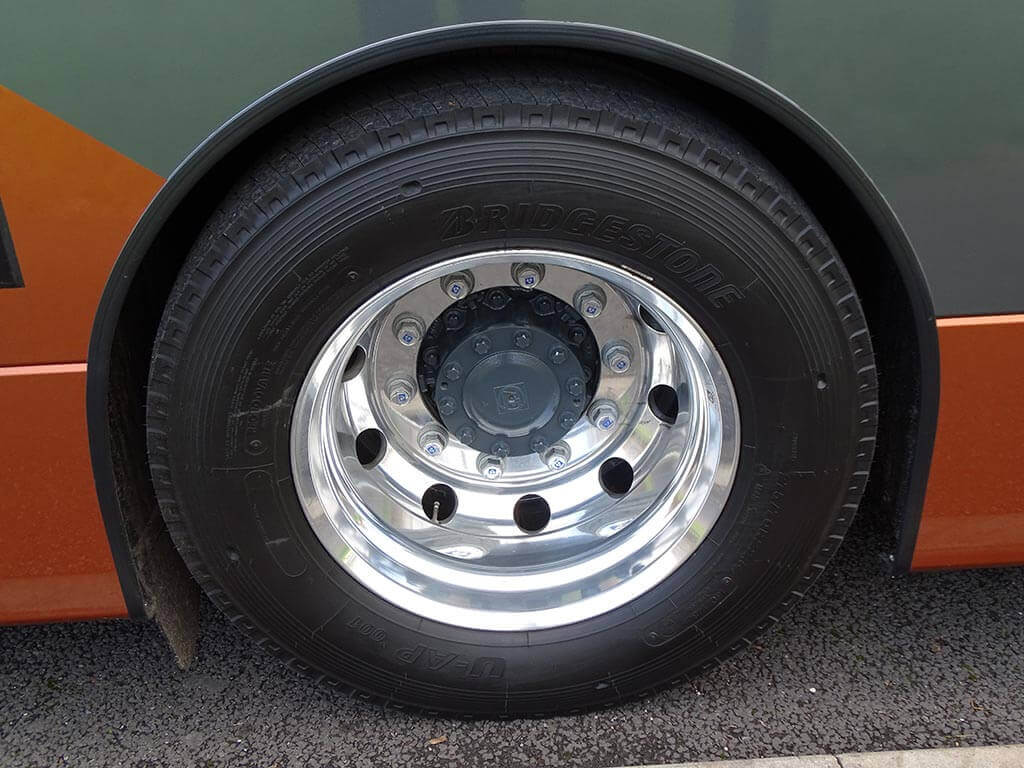Heritage vehicle owners, meanwhile, remain concerned about the availability of tyres
The Confederation of Passenger Transport (CPT) has declared its support in response to the Government’s consultation on the issue of banning tyres that are older than 10 years being fitted to buses and coaches. However, in its response, CPT also highlighted that levels of compliance within the industry are exceptionally high with only 0.05% of vehicles having tyres aged 10 years or more on their front axle, which guidance currently advises against, in recent tests.

CPT Operations Director Keith McNally said: “Road safety is of paramount concern to coach and bus operators across the UK and therefore we welcome these proposals. However, we need to remember that this has only been a problem in a very small number of cases.”
The organisation also said that suppliers must provide operators with complete records of any second-hand tyres and that there needed to be a clear communication plan to the industry ahead of any changes.
Keith McNally continued: “Suppliers need to play their part in ensuring high standards of safety. How well a tyre has been cared for is the biggest factor in determining its roadworthiness. An operator needs to be able to see the complete history of a tyre at the point of purchase.
“We also need to ensure that operators, many of whom are small family-run businesses, are aware of any changes that are brought forward. The proposed implementation period of three months is too short, and should be extended to six, so that the entire industry has time to ensure their vehicles are compliant.”
Heritage perspective
Meanwhile, retired industry managing director, Ian Manning, has written in forthright terms to the Department for Transport (DfT) about the proposed ban. Ian, who owns two historic buses, was responding to the department’s consultation on the plans, which closed on Sunday 1 September.
“I write as a semi-retired director with 43 years’ service in the bus industry who has worked in the municipal, nationalised and privatised sectors,” Ian told CBW. “I am still active professionally on a consultancy basis.
“Many tyres of the sizes and specification required for historic vehicles do not actually come with date coding as it is not required in their country of manufacture, which is unhelpful. The Department’s proposals, if implemented, would actually render vehicles fitted with these otherwise perfectly (and currently) legal tyres unusable overnight.
“Almost all historic coaches and buses are fitted with tubed tyres fitted to ‘split rim’ wheels, as is the case with my own, and these have different characteristics to those researched by the TRL report that this consultation seems to largely rely on.
“Certain tyre sizes are now virtually impossible to obtain. However, I know of a glut of 2013-dated, but brand-new unused tyres of one obsolete size. The DfT proposals will make it impossible for vehicle owners to profit from these stocks which they might otherwise choose to buy and carefully store for future use.
“Historic vehicles are driven much more slowly than modern generation vehicles with most having lower top speed capabilities anyway. This leads to less wear on the tyre. Speed, regular inspection and maintenance regimes and storage are all important factors in determining a tyre’s safe life, indeed much more so than by arbitrarily specifying a 10-year maximum life.
“The fact that the insurance industry charges very modest premiums to owners of historic buses is a testament to the fact they consider their operation to be low risk.
“Should the government choose to implement any changes to the status quo then at the very least, all historic vehicles aged 40 years or over should be given complete exemption from any new requirements in respect of tyre ages, irrespective of whether for leisure or commercial use as the procurement difficulties affect both uses equally.”
He added: “It would obviously be very helpful if one or more manufacturers could be persuaded to make new stocks of most of the more common tyre sizes, but date marking them will add to their current reluctance to do so.”
Read more news at cbwmagazine.com/category/news

